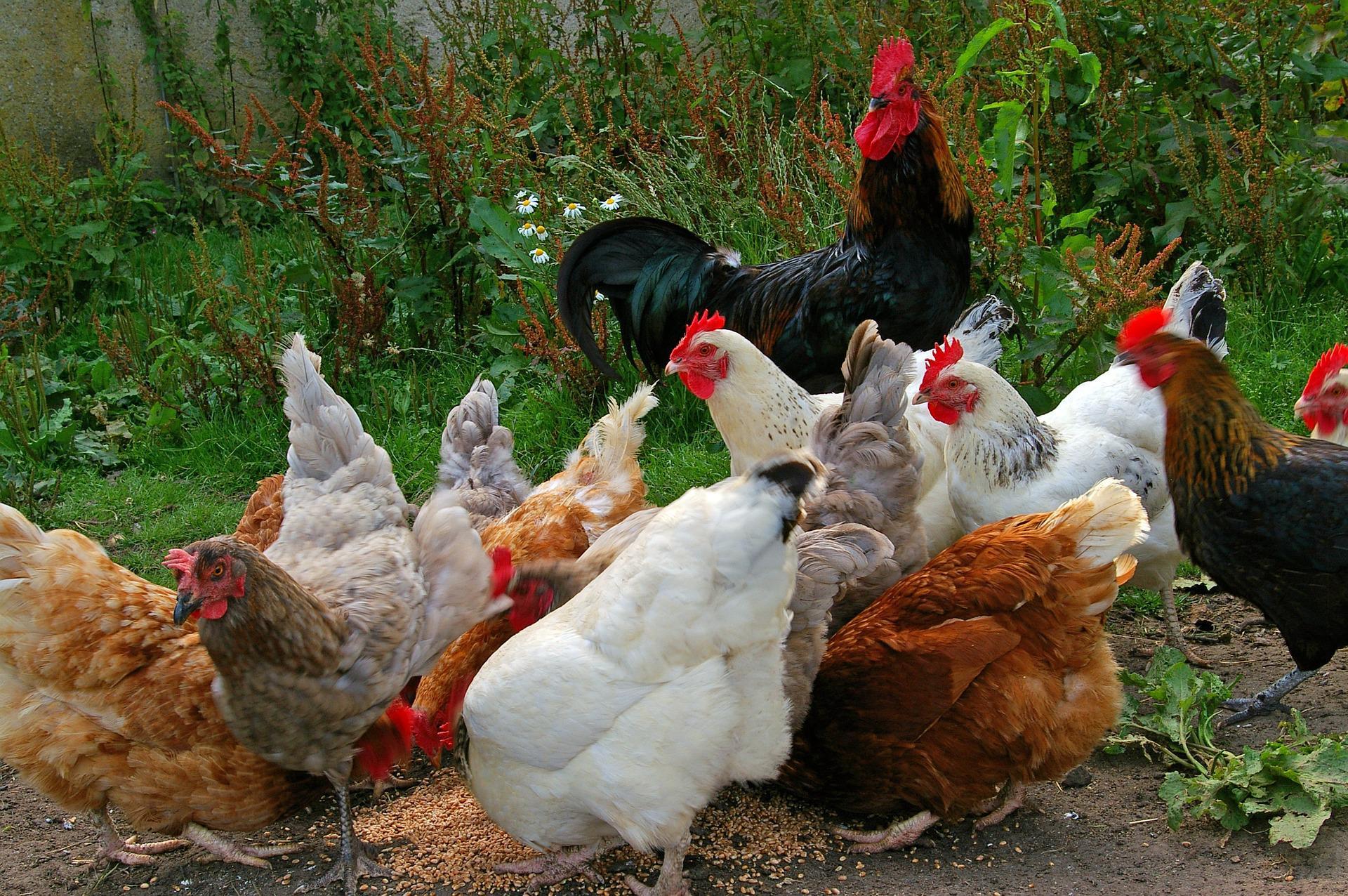Researchers at The Pirbright Institute have developed a potential vaccine for infectious bronchitis virus (IBV) that could protect chickens from severe disease with just one dose.
IBV is a coronavirus that causes a highly contagious disease in poultry, it results in respiratory symptoms and affects the reproductive tracts of birds. This disease is an economic and welfare concern for the global poultry industry and threatens food security.
Previous research conducted at Pirbright identified important targets in the virus genome that could be investigated to create safer vaccines. Recent research, published in the Journal of Virology, aimed to explore these targets, and understand the mechanisms of weakening a virus to create a vaccine, a process known as attenuation.
Researchers discovered that attenuation of IBV was caused by changes located in non-structural proteins, and that two specific amino acids (the building blocks of proteins) were responsible for this. Research showed that these amino acid changes resulted in the virus being less able to cause disease in poultry. The researchers then investigated how changes in these amino acids weakened the virus.
The two amino acids were found to be associated with temperature-sensitive replication of IBV, meaning that the attenuated virus is less able to replicate at higher temperatures, a characteristic which can be advantageous for vaccine development.
The internal body temperature of a chicken is 41⁰C (compared to 37⁰C for humans), therefore if a virus is less able to multiply at 41⁰C, it is less able to cause severe disease in chickens. This makes it a suitable to be used as a vaccine and has the potential to provide high levels of immunity and protect against severe infection in poultry.
Researchers then moved on to investigate if this attenuated IBV strain could provide protection against disease-causing strains of IBV. They found that vaccination provided 100% protection from disease, demonstrating that the temperature sensitivity characteristic could be used to develop new vaccines against this challenging disease.
Dr Erica Bickerton, head of the Coronaviruses group at Pirbright said: said: “An effective vaccine for IBV could improve the health and welfare of poultry globally. It could also benefit the economy by protecting farmers’ livelihood and protecting food security. This research opens opportunities to create novel, innovative vaccines that could be effective against many strains of IBV and potentially reveals ways to create vaccines for other viruses in the coronavirus family.”
This work was supported with grant funding from the Biotechnology and Biological Sciences Research Council (BBSRC), part of UK Research and Innovation.
